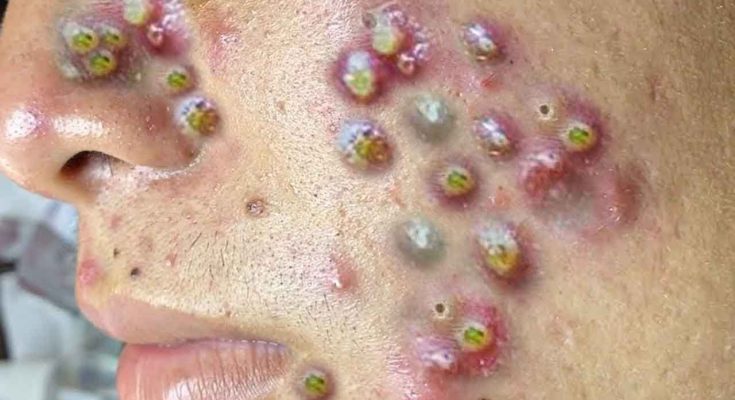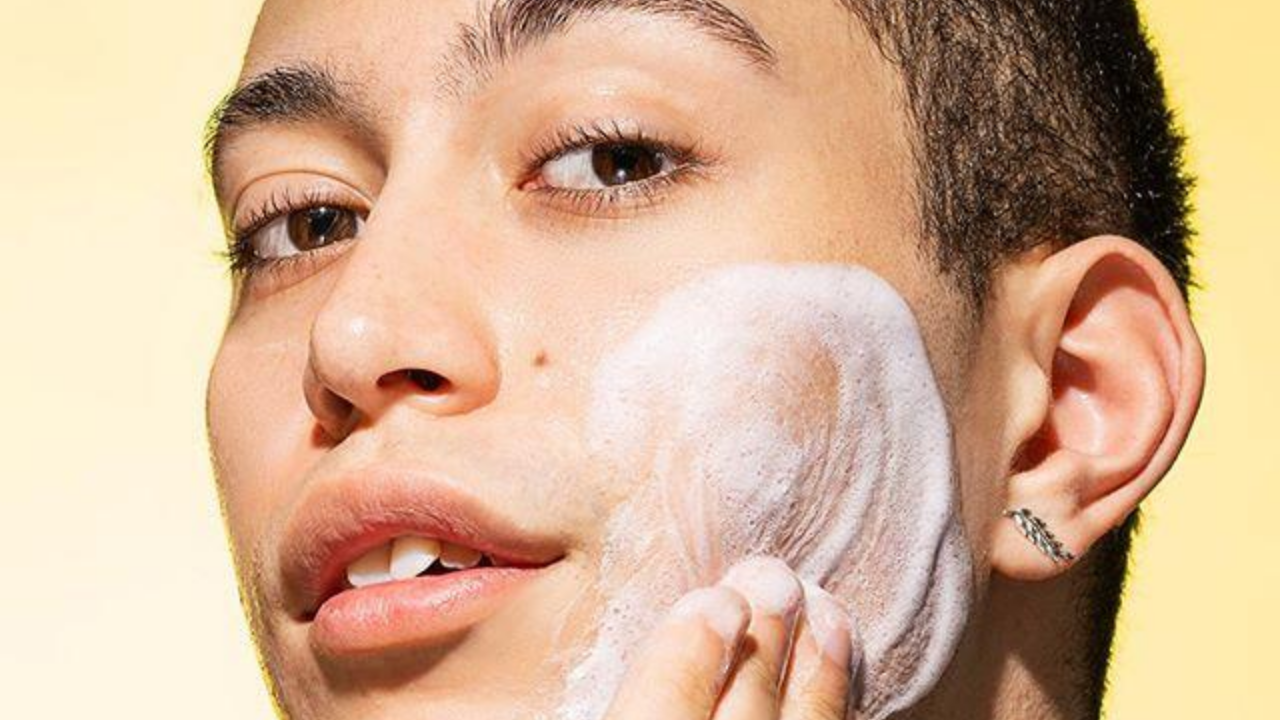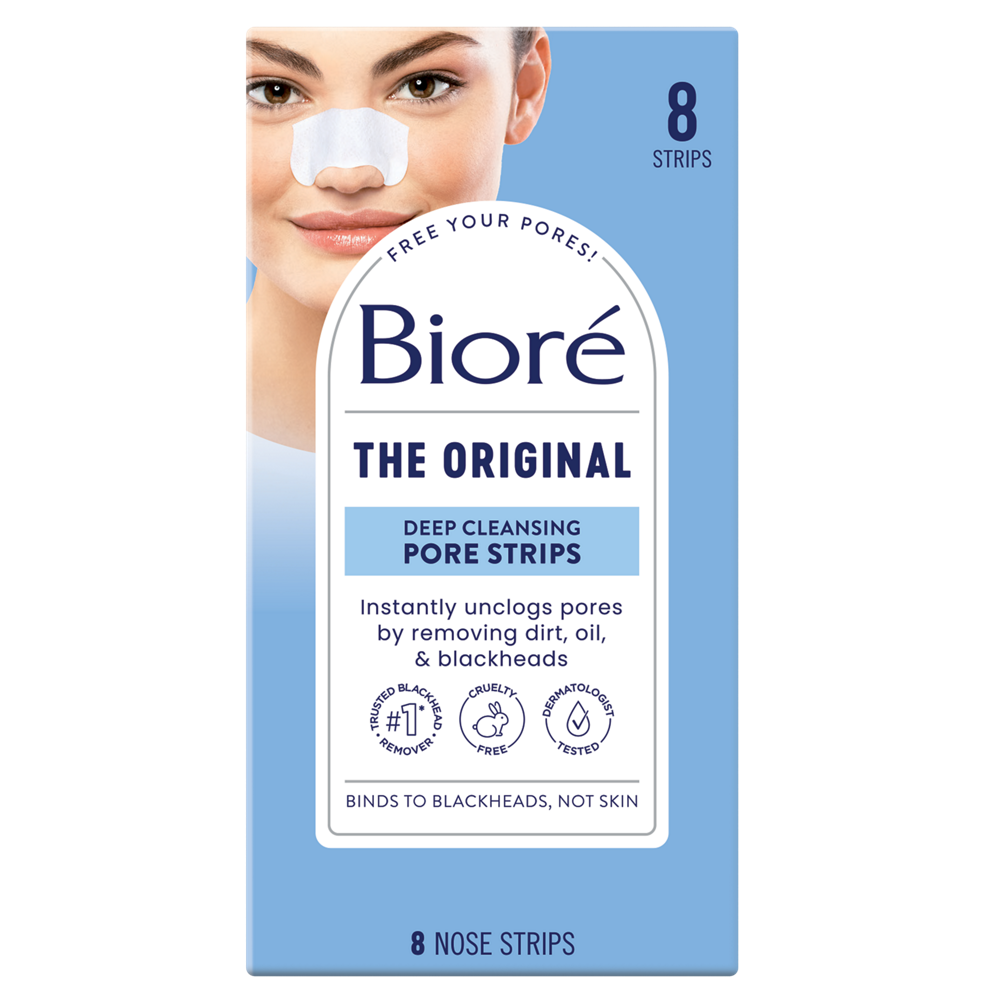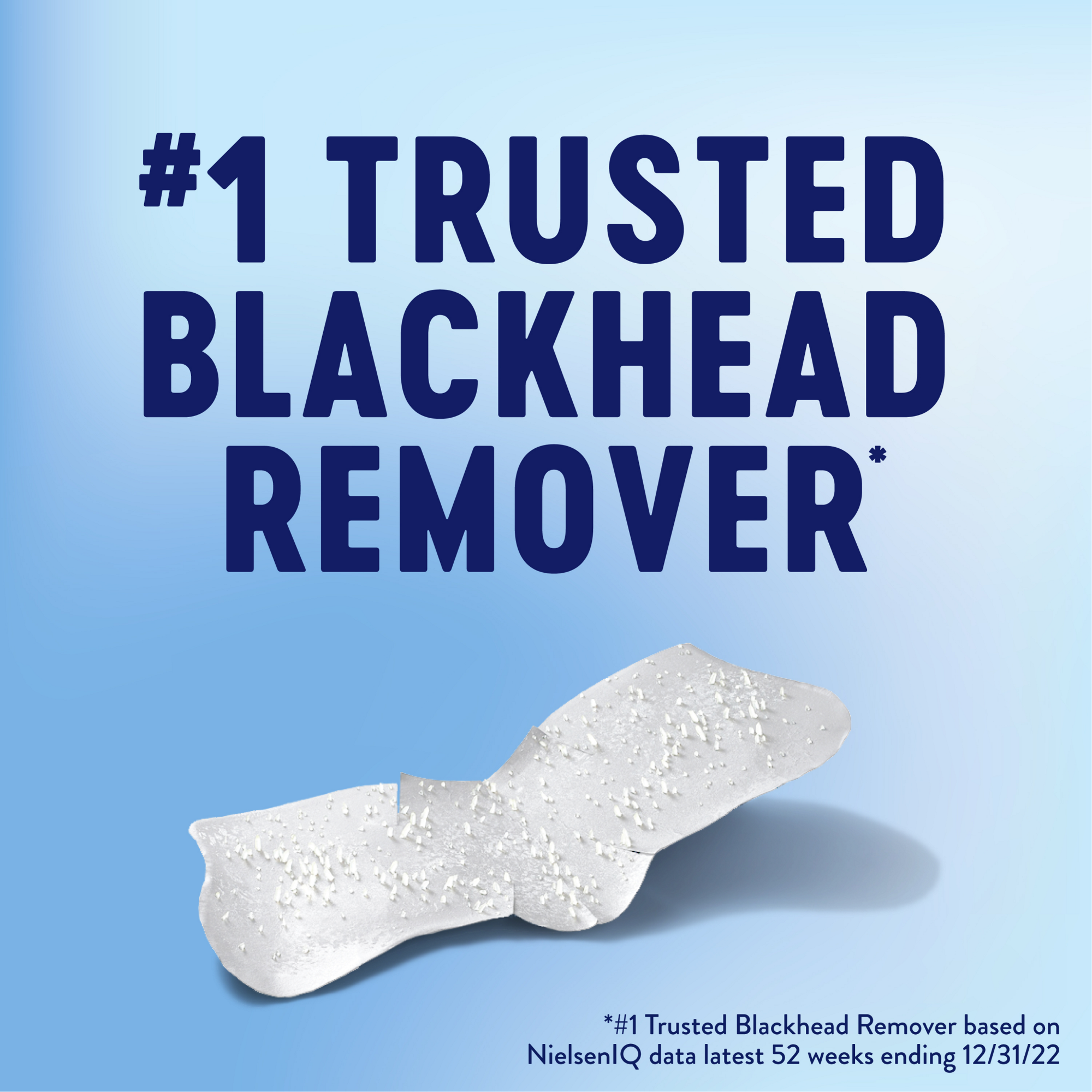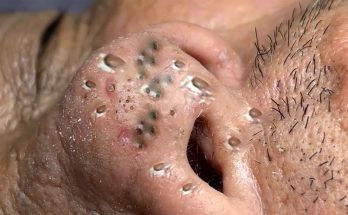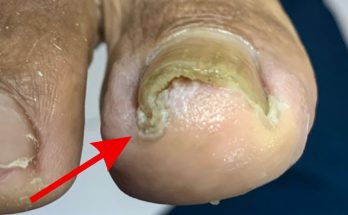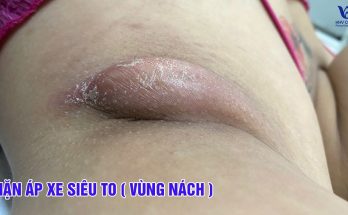
In the never-boring world of dermatology, we deal with a lot of things some people consider “gross” — cysts that ooze, pimples that pop, skin that flakes, growths that protrude, and the list goes on and on. But one man’s gross is another’s fascinating, and there is no better evidence of this than the wild popularity of pimple popping and extraction videos.
YouTube is positively brimming with videos of dermatologists (and regular people) extracting gooey fluids from blackheads, cysts and more. These videos get hundreds of thousands of views and shares. Judging from “Dr. Pimple Popper” Sandra Lee’s massive audience—2 million followers on Instagram and nearly that on Youtube—the pop-aholic crowd is more mainstream than you’d think.
There are also people that love squeezing and popping their own pimples, or even their partner’s—a not-always practical personal indulgence. Here’s a look why people love it, how it all works, and why you should think twice before popping your own.
Squeamish Science
Why do people delight in objectively disgusting medical extractions, whether their own or a stranger’s behind a screen? There are several potential reasons:
- Dopamine: Against dermatological advice, many people pick at their skin routinely. This habit releases dopamine, the feel-good hormone. As a result, popping and picking—or watching someone else do it—brings on a cathartic rush of satisfaction.
- Safe dangers: Advancements of society have kept most people out of morgues and hospitals on a day-to-day basis, causing humans to seek horror in other places. For the same reason we like roller coasters—they allow us to feel fear without real danger—watching gross extractions lets us experience disgust at a safe distance.
- It’s soothing: Others claim that it’s relaxing to watch pus ooze from a bulbous growth. These people experience stress relief, their worries expelled from their minds like pus from a pimple. Some people even fall asleep to the soothing sound of pimple popping.
- Brain-gasm: Autonomous Sensory Meridian Response (ASMR) is a euphoric experience triggered by specific acoustic or visual stimuli. For many, pimple popping is one of these triggers! For these people, popping videos bring immense pleasure.
From a dermatological perspective, every doctor and practitioner is different. Some may enjoy these procedures more than others, but performing such procedures frequently makes it much less of a novelty.
What’s getting popped?
Extractions like the ones often filmed for YouTube come in different forms, depending on the issue. And the term “popped” is not accurate in a clinical sense; rather, pimples and other growths are excised and extracted.
The following are commonly extracted:
- Blackheads: A stretched open pore clogged with oil or dead skin cells
- Whiteheads: A closed pore clogged with oil or dead skin cells
- Papules: Solid elevation of skin with no visible fluid
- Pustules: Small bumps on the skin containing fluid or pus
- Lipoma: A small growth of fat cells found in a fibrous capsule just below the skin
- Cysts: A sac-like pocket of tissue, often filled with fluids, that can grow anywhere in or on the body
- Milia: Small white bumps that occur when keratin gets stuck under skin
Blackheads, whiteheads, papules and pustules in general don’t need to be popped, but if a professional does it properly it can help reduce the blemish in discomfort and size.
As for cysts, dermatologists typically puncture the skin and then apply pressure to release the pus and/or blood. Milia and lipoma are excised similarly, then lifted out with a tweezer. With the exception of some cysts, these growths are all benign, so removal is often a comfort or aesthetic preference.
To pop or not to pop?
Who hasn’t felt the urge to squeeze, pick at, or pop a pimple?
Considering the popularity of this new video genre, you’d think it was okay to do it at home. On the contrary, dermatologists do not recommend this, as DIY popping breaks the skin and may cause scarring and introduce infection. Most people don’t have the medical equipment or technique to perform an accurate excision at home.
Those with pimples should try to resist, and instead keep their skin clean and gently apply benzoyl peroxide, moisturizer, ice, or home remedies to get rid of them. Keeping your skin clean will also go a long way in preventing new pimples from forming.
Then again, you can always visit your local dermatologist have them extract your zit on video, and play it again and again to satisfy your future popping needs.
For acne treatment and other medical and beauty dermatology services, visit one of The Dermatology Specialists’ Manhattan, Brooklyn, and Queens offices — or make an appointment online.
